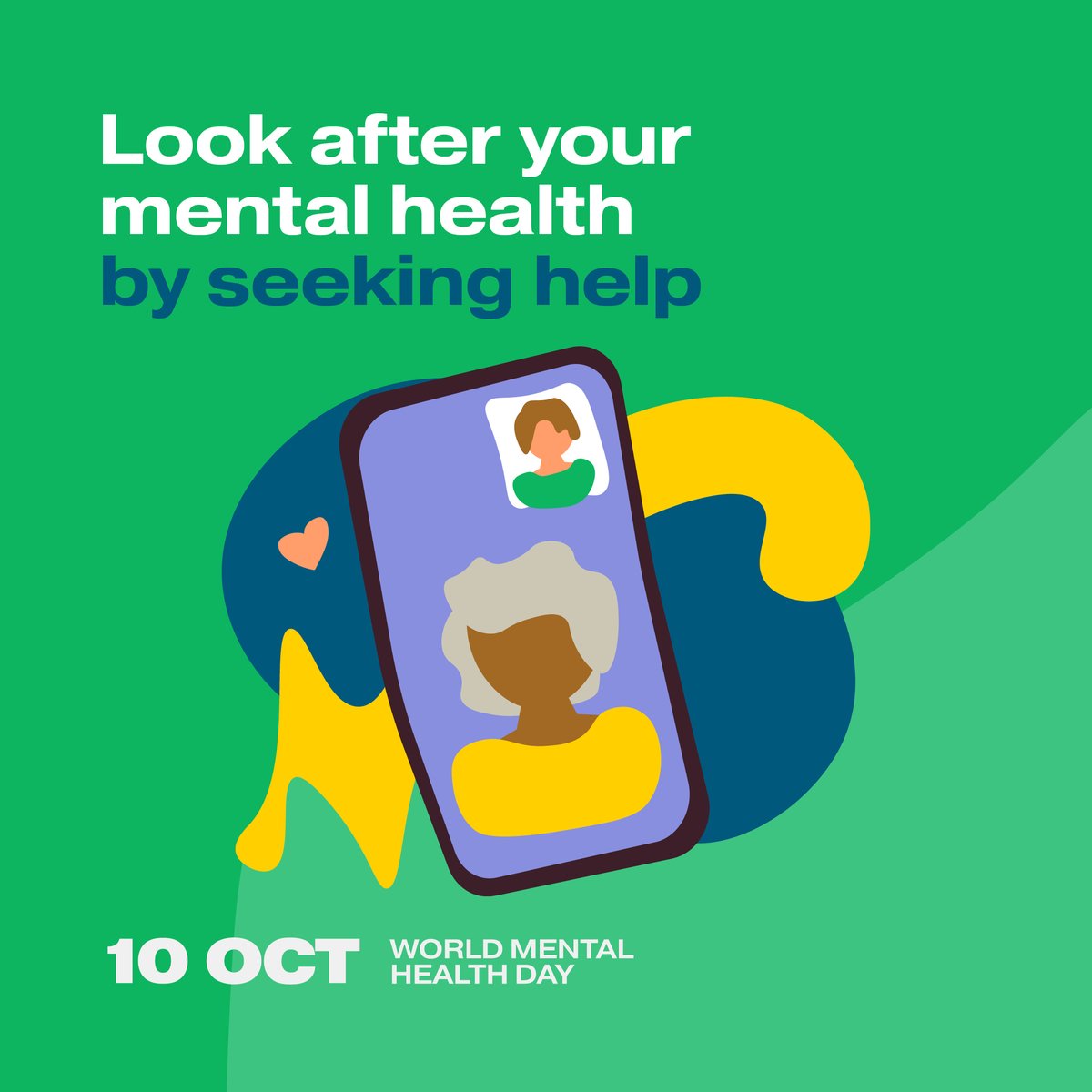
A great way to look after your mental health is to be social. #LookAfterYourMentalHealthAustralia #WMHD2021 

According to the Stanford @CCARE, social connection is just as important as eating your vegetables, exercising, and getting sufficient sleep when it comes to your wellbeing. ccare.stanford.edu/uncategorized/…
Mental health benefits include reducing stress, reducing risk of anxiety disorders, increasing confidence. There are also some unexpected physical health benefits like better immunity to illness, lower inflammation levels, quicker recovery from disease, even improved longevity. 



So how do you become better connected? According to the research, the number of friends you have isn’t nearly as important as feeling connected. You don’t need a thousand friends, just a few good ones.
@SuicideCallBack has some tips for connecting with others: suicidecallbackservice.org.au/mental-health/…
COVID-19 has also made social connection harder for most people. @ruokday has tips on staying connected in lockdown ruok.org.au/stay-connected…
If you need help, you can find a range of resources here: mhaustralia.org/need-help
@threadreaderapp unroll
• • •
Missing some Tweet in this thread? You can try to
force a refresh










